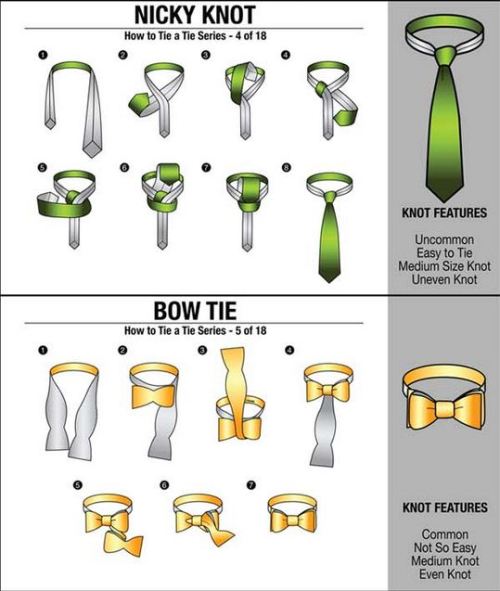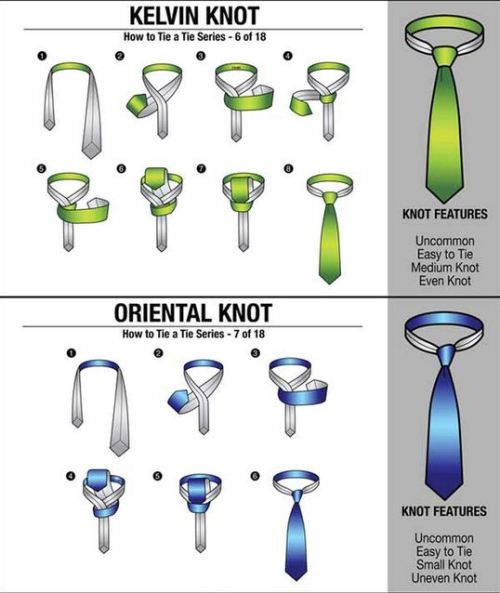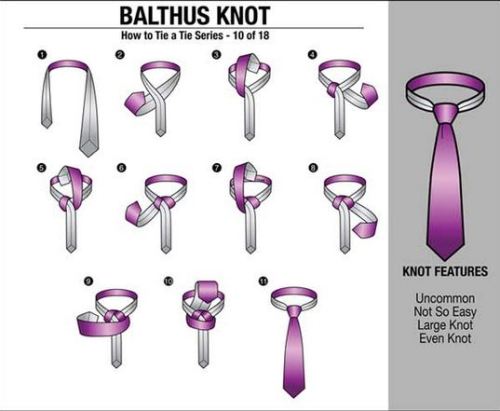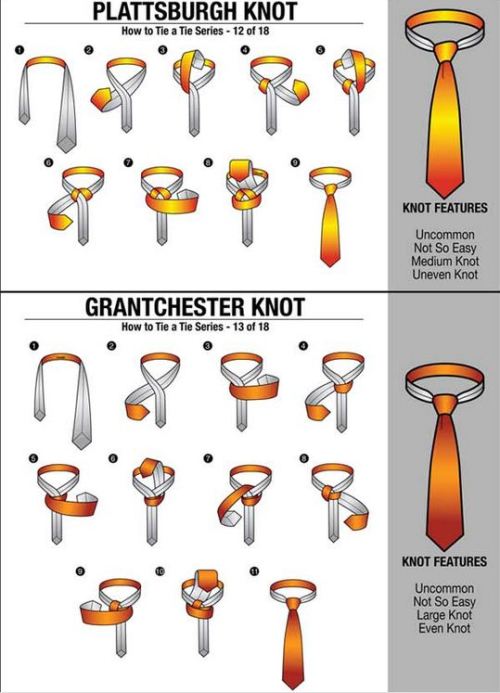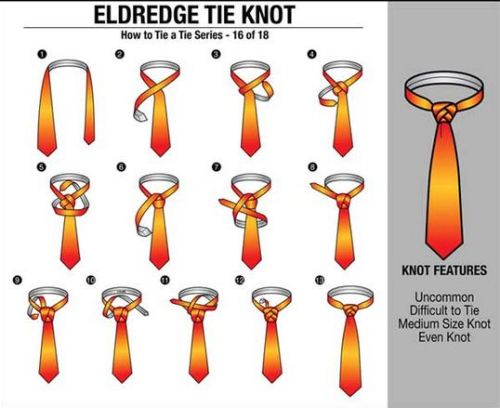Some Discipline
Some discipline
I've finished my book. At least a thousand times but still, here I am, working on it. But now it seems too much. Why isn't it simply done?!
I'm lucky though, because I never intended it to be for me. And the true recipient of the whole story always inspires me. Always. Even when she just comes to my mind. I always feel strong enough to eventually get to the other side.
I suppose we all have this feeling sometimes. I mean, I'm extremely lucky to have a special woman in my life but I cannot picture you, yes you my reader, without at least some very distant, unreachable person, whose glimpse would not make you do wonders.
Yeah, so get up and do your homework, Loki-head (I just made that up but seems terrible, however, I'm never deleting any stupid stuff, so it stays)!
Randomness rules, by the way...
More Posts from Bernatk and Others
Value v. Progress
Quite recently I wrote about how society is not getting better and just now I realized how easily that can be argued--not because it would be wrong but because of the pride society takes in itself.
There is a popular idea that is thought to be new, however it has always been the human approach to its communities: newer societies are better than the old ones (there are views, contrary to this but let us not discuss nostalgia now). It comes from the observation that new orders are set up because the old ones are mended or upgraded. But is it true?
It is, but only in the most technological sense. Society, as a means of something, as a very functional tool evolves into a better means, into something more functional. The structure enables us to do much more things and the new order, the new society can effectively react to many new issues. But it would be a folly to call the advancements good or bad.
Equality for women, the abolition of slavery and child labor, education--these are all huge steps forward but they do not necessarily fall into the category of good or bad because these things are progress and not values. Mind you that in retrospect it is always represented that old times were evil, when the oppressed suffered and died, when in fact the oppressed could sometimes be content and happy and feel satisfied--surely not because of the riches bestowed upon them but although their lives were hard it was not unavoidably a life they wished they never lived.
The difference between progress and value is not transparent because both are highly desirable. Still, they are not the same, although at times they may mix.
Progress is when something is being made. In sociological questions it may be assumed that progress is infinite, as there cannot be an ultimate society. It may be hard to accept, even so, almost impossible to accept because every step is very rewarding and needs to be served as an end in itself. So sometimes we are under the illusion that this or that change in the community will perfect the whole thing. Equality is the eventual goal and when that is achieved, we are done. However it just depicts how short-sighted we may be. Looking at history, putting ourselves in perspective, it seems like the greatest delusion to say that we would finish the work. For the people, who organized themselves into the first society, it must have seemed like agriculture is the greatest human feat, as it brings about a supply never before seen. And then the same happened with every new societal invention, its creators were so touched by their own grandeur that I imagine some of them almost cried. However, looking at those things today we just shrug and call it primitive. Even so, about agriculture we would say it is necessary for human existence but we would never take the extra step of saying agriculture is a value. Certainly it is in economic terms but it does not have a higher, abstract form. It is all about function.
In contrast with progress, value is an end. To be tender toward people, to save somebody, to sacrifice something, these can sometimes serve progress, but they are also satisfactory in themselves. And it also teaches a good lesson about the people of the past: everybody, throughout history, had the potential to live equally valuable lives or fill their lives with equal measures of value, as opposed to the social progress, which goes stage after stage.
So society does not convey an absolute value, however tempting to compliment ourselves with it. Societies can be advanced and complex and functional but goodness or badness remains in the life of the individual.
A Question of Morality
Do we do things because they are the moral things to do or do we do them to achieve certain ends? I faced this question in a debate I had with my church's youth group's sort of leader. It was of course a peaceful debate--diplomatically ignoring my views eventually--but this question has been living inside me ever since.
I took a Kantian standpoint and argued in favor of the categorical imperative, whereas my opponent said that, the moral thing is to act to earn God's divine gifts in Heaven. And even though it seemed pretty obvious to me, in the past one week ambiguity has begun to cloud my confidence on this matter.
The heavenly gifts we earn for living a righteous life are quite naturally stimulating and indeed worth living that life for but I thought, that it is not the highest we can get. In my opinion--the one which I had then--acting out completely because of wanting to do the right thing is the most moral way of thinking. Only for the rightness of that action, not for avoiding guilt, or actually finding pleasure in it, or anything of sort.
Using Kant's reasoning however, would actually mean embracing the opposing view, not mine. Kant actually found God in morals this way. His categorical imperative suggests a certain joy felt over the moral act, properly proportionate to how moral the act was. Although he found a problem in this: say--and this is my example--you commit a crime but you have cleaned up after yourself well enough. Still, a clever detective somehow gets to you and you are persecuted. However, when being tried, you find a way to get away by adding just one more lie, that could clearly undo the validity of any evidence they have against you. Now you are faced wih the dilemma, that either you add just one more lie and get away, or act morally and confess. It is problematic to imagine a situation, where a criminal in the midst of trial starts to think about morality but let's accept it for the sake of the thought experiment. Now before moving any further, I add another crucial detail: because of the severety of your crime and the local laws, if you testify guilty, you will be executed on the scene without any delay. So now, acting immorally will just get you life, in which you can try to make up for the wrongs you've done and do probably some even more moral things, than confessing now. On the contrary, in the present state, the only justifiable action is testifying guilty. But this morality, thinking in earthly matters, is completely vain. It earns you nothing, neither for the community, and though everyone will agree, that at least you did the right thing when you confessed of your crime, you will still be marked as overall immoral, and above these, you will not have a chance to feel any joy over your moral act. Impending death, brought forth only by a moral act, which serves only the abstract morality itself, can take away this kind of joy...
In the case above, according to Kant, the only acceptable choice is the moral one. But without a sort of moral joy felt over it and any service implemented through this, it certainly becomes difficult to find any point in it. On the contrary, no matter the contingencies, such as one's lack of time for joy, you should still choose the moral decision.
Now this is a place, where Kant found God. After your moral act, you can have joy over it even after you are dead, in case there is life after death. In case there is Heaven, and it is accessible to you--well, anyone can say a prayer a be saved even right before death--this final moral act of yours, will prove to be not in vain and you will have a chance to have that sort of moral joy in the proper proportion.
No, no one has to agree with Kant. I know, I haven't seen into the depths he has or the depths there are to this question. But--without solidly stating, that this is the right way to think about this question--this is a possible answer, that put some things into new light for me. It's good to get it off my chest :)
In any case you mustn’t confuse a single failure with a final defeat.
F. Scott Fitzgerald, Tender is the Night (via honeyforthehomeless)
Sherlock's Wisdom on Getting Married
I quite recently watched a Sherlock episode, titled: The Sign of Three. It was, in my sincere opinion, a relief after the surprisingly disappointing season premier--and I haven't watched the season finale, so please don't spoil that for me.
In this episode, besides of a number of complicated and smartly intertwined cases being solved by Sherlock, Dr. Watson gets married. Well, marriage is and has now been for a pretty good while a sensitive and controversial subject and no one blog entry could contain the expression of the complete set of my views on this topic, so I'll just reflect on one thing.
As Sherlock prepares for his awkward and unromantic best man speech, he points out a flaw in the institution of marriage. He says, that a wedding is not a big day, since two adults, who already live in the same household, will merely continue their relationship, without any addition or alternation in regards of form or content, just implementing a brief intermission consisting of a grand celebration and a short vacation.
Sherlock's argument against marriage is, however, not, that it should be done differently but that it shouldn't be done at all, having understood the little relevance it has. Of course we discard this argument as a trivial mistake. We feel this way because the essence of marriage and what it constitutes are unuttured but very valuable things.
The essence of marriage is problem #1. Out of all the definitions I've heard in my short life, the most easily acceptable and most up-to-date is this: a union between two willing adults, sanctified by the state, promoting romantic values. This is fairly true to popular contemporary views I believe.
On to problem #2: what does marriage constitute? To answer this question, we will now draw consequences about our answer to problem #1. Marriage essentially constitutes a state, in which the participants have their relationship recognized by the state and their pursue of romantic goals is hence justified.
I will now try to contradict my previous statements and conclusions by explaining faults I believe to have identified.
Fault #1: the state's sanctification is inadequate. I will demonstrate this by one argument but I believe even more exist. My example is this: take a christian couple. They get married and according to their beliefs their marriage was sanctified not solely by the state but also by God. If we define marriage as a thing getting its sanctification by the state we have disrespected and at least the way the given couple sees it, degraded their marriage. On the contrary, it would be problematic to change the definition in their favor because that would be misfit for the people not sharing christian faith.
Fault #2: in case marriage essentially promotes romantic values, such as romantic love, fidelity, companionship and such ones, it must mark the distinction between the state of promotion and the state, where these values were not promoted or not in the same manner. This means, that, for instance, before the marriage you have the liberty to break up the relationship you have, however, after you're married, you willingly give this up and thus will never have the freedom to get a divorce. Of course this seems extremely orthodox and hard to accept but given the definition above, the state of marriage does not allow you to violate the institution of it.
The list of problems and faults may be too short or inaccurate in contrast with others' views but I believe it's quite enough food for thought for now.
Both faults, listed above, originate from how we define the essence of marriage and what we want it to constitute. Now, that I have questioned and denied the modern day thinking about this topic, it may seem, that I agree with Sherlock and see marriage as an irrelevant contingency in life but that's not the case either. What I personally think about it is, that as long as we don't have a unanimous definition of marriage, we can't make court rulings or legislations defining its aims, since no matter how liberal we are, it will always take away the freedom of at least a few. And to give my view on what to make of the current problem, I will say, that marriage is valuable and it should continue to exist, however, to fill it with importance, contemporary thinking about it should indeed be changed.
i was with a new friend yesterday and he was telling us how he worked on a maple syrup farm and then he kind of pulls me aside and was like “hey don’t tell anyone but i can get you some maple syrup at a nice discount price but technically it’s not legal but let’s keep that on the down low” and i think i just made friends with an illegal maple syrup dealer
Absence of celebration
When I was in elementary school, my dad always took me to get some ice cream, when it vacation started, because of my good grades. But it stopped with the beginning of middle school. Ever since, my birthdays have been celebrated only with my family, only was celebrated my girlfriend with me in private. I also had this graduation supper, where I got to be but a mere guest. I know it's not bad and I could be very grateful for this and I guess this all's just 'coz my ego can grow very rapidly but still, sometimes I really want to be celebrated. Today, like an hour ago, I finished the revision of my book. It's not in the phase of getting published or anything, though I count it as a huge step. But I'm sitting in my room, alone, typing this entry. When I finished the first manuscript (a very raw one) i got to go on a walk alone in the park.
You know, I'm not trying to get your empathy. I don't really need that. It just hit me, that I can celebrate alone. And so I will. I've had enough of dreaming of this. You know, I'm a believer, so I wouldn't say, that it's my achievement, ergo I'll mostly celebrate my heavenly Father. He always amazes me. Just like with this.
Randomness rules!
I mostly write. Read at your leisure but remember that my posts are usually produced half-asleep and if you confront me for anything that came from me I will be surprisingly fierce and unforeseeably collected. Although I hope we will agree and you will have a good time.
213 posts











